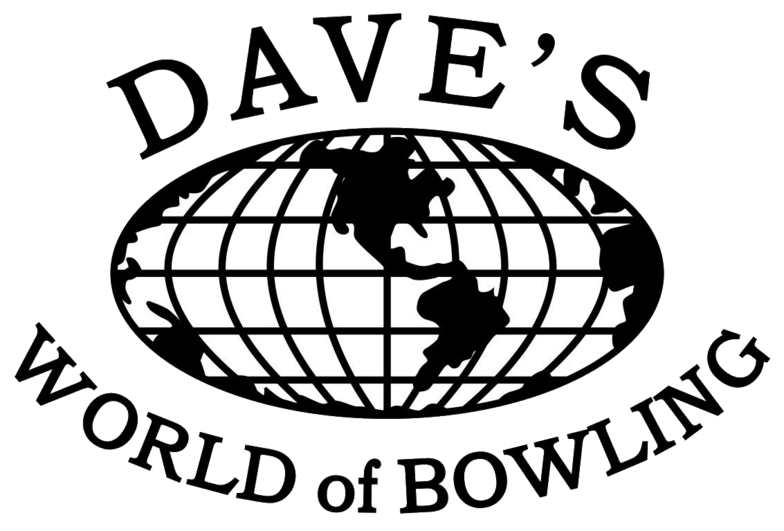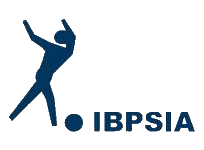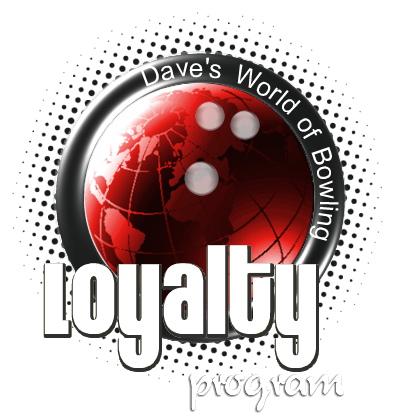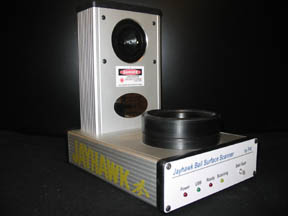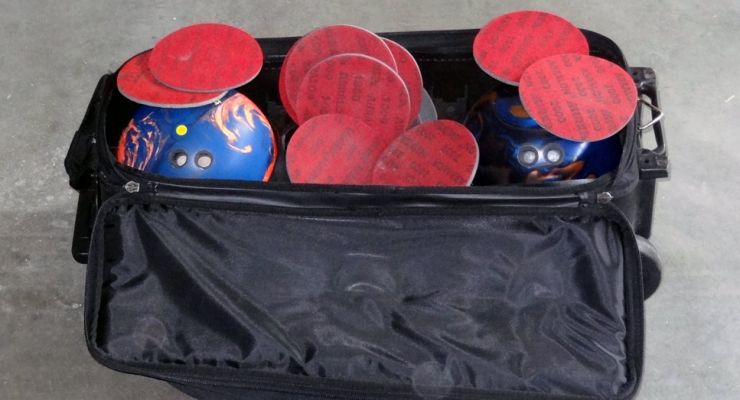Call Us: 513-793-3700
Dave's World of Bowling Services
Drilling
Finger Tip Performance Ball - $74.95
Includes:
- Custom fit hand to new ball
- Determine positive axis point for proper ball layouts
- Choose proper layout and surface for new ball
- Drill ball
- Grips & slug
Drill a Basic Conventional Grip Ball - $29.95
Includes:
- Professionally fit your hand to the new ball
- Drill Ball
Plug & Redrill Whole Ball - $39.95
Includes:
- Plug all holes in ball
- Return ball to factory surface
- Custom fit hand to the ball
- Drill Ball
Service Combo - $39.95
Includes:
- Rejuvenate ball (remove oil from ball)
- Resurface ball (to desired surface)
- New Grips
Other Services
- Plug & redrill Fingers - $19.95
- Plug & redrill thumb - $19.95
- Grips - $10.00
- Slug - $15.00
- Clean & polish - $4.95
- Rejuvenation - $19.95
At Dave's World of Bowling, we take care to provide our customers high quality services personalized for their unique needs. We are available to take your order 24 hours a day, 7 days a week. Our staff members are professional, courteous and efficient.
We provide a variety of services including:
Cracked Bowling Balls
by Jeff Ussery
In many areas of the country, we’re nearing that time of year where everyone starts talking about taking their bowling equipment out of the car when you’re done with league bowling. You may be new to bowling, or you may have never been informed as to why this is so important. It’s definitely a recommendation that protects your investment in your bowling equipment!
Bowling balls should always be kept at room temperature because it helps to avoid inner and outer core separation. It also helps to prevent coverstock cracking and splitting. Bowling balls are made of different parts with different densities.
As these parts inside the ball adjust to the air temperature around them, they will shrink or expand with time. But manufacturers design your products to perform at their absolute top level, and to do that, they use different materials with different compositions and densities throughout the bowling balls. The result is a bowling ball with pieces that expand and contract at different rates.
Read more about taking care of your equipment as the weather gets colder by clicking here.
Ball Surface Scanner
Why You Should Resurface Your Ball
and How Often
The more you take care of your expensive bowling ball investment, the longer your balls will last and react how they're intended to.
We recommend resurfacing your ball every 60 games. That may sound like a lot but read on to see WHY you should do that!
Modern bowling balls have voids in the cover stock creating peaks and valleys think of the teeth of a saw blade. As the ball rolls down the lane the lane surface will wear down peaks and the lane oil will fill in the valleys. This will smooth out the cover and eventually make the ball stop hooking. It is recommended that every 60 games the ball be resurfaced and the oil extracted from the cover stock. By removing the oil and sanding the ball to a fresh surface it will restore the peaks and valleys allowing the ball to hook once again.
We have the Ball Surface Scanner to ensure we return the ball to it's original surface. Read more about the scanner by clicking here.
If you want to be competitive you not only have to have a good physical game, but you need to take care of your equipment.
Bowling Ball Surface Management
A bowling ball coverstock’s surface roughness is a key component of how, how much, and where it hooks on the lane. Using the proper surface finish for the conditions you are bowling on can literally mean the difference between success and failure in today’s game. Unfortunately, many bowlers who are trying to improve their games often ignore surface management. Here are some quick tips for better understanding this important topic:
1. Don’t be afraid to experiment: Many bowlers believe that a ball can’t be altered from its factory finish. This is simply not true. Manufacturers choose their factory finishes so that their balls will best suit the general bowling public. You should never be afraid to try different surface finishes to better tune a ball to your game and your bowling environment.
2. Shiny / polished surface finishes: A polished surface will generally hook very little in the oiled part of the lane, saving most of its hook for the dry back end. Polished balls generally have an angular change of direction downlane when they encounter dry boards.
3. Dull / sanded surface finishes: A sanded surface will have more of a tendency to start hooking in the oiled portion of the lane. This tends to create a longer hook zone and a less angular back end motion.
4. Know the rules: The USBC does not allow surface adjustments after the start of play. That means all surface adjustments must be completed before the end of practice.
Hopefully these tips will at least inspire you to learn more about how surface adjustments can be used to improve your game. Have a discussion with your pro shop operator about your balls’ surfaces…better matched ball surfaces just might be the thing you need to break through to the next level.
Source: "Bowling Ball Surface Management" by Tyrel Rose (Bowling This Month)
Bowling This Month is an online magazine for competitive bowlers. BTM regularly publishes bowling tips articles and bowling ball reviews aimed at helping you become a better bowler.
Reading the Lane
by USBC Bowler's Source
In league, tournament or professional play, knowing how to play the lanes is crucial. A 300 game is achieved by knowing how to make the right moves at the right time, not just repeating shots. Staying “ahead” of the lanes as they go through transition is key to perfection.
Most bowlers know about the arrows, but finding the breakpoint and adjusting to that part of the lane is vital to giving you more area to play with. A quick method to determine where the ball should be leaving the end of the oil pattern is to simply apply the rule of 31. How do we do this? Subtract the number 31 from the distance of the oil pattern; this will give you the board number where your ball should exit the pattern. Nothing is definite, but this is a good guideline to finding the correct area to start and then make adjustments based off your ball reaction.
Example: Pattern length 40 ft. - 31 = 9 board
NOTE: On a 40ft. pattern you want to see the ball exit the pattern (breakpoint) around the 9 board.
For more information about reading a lane visit www,bowl.com.

